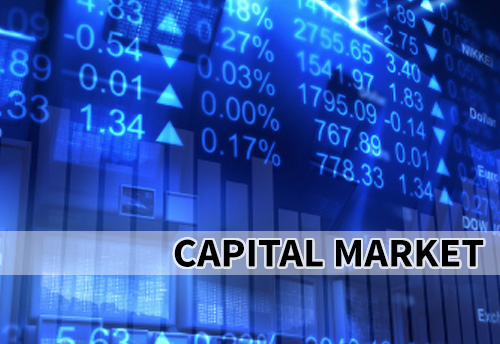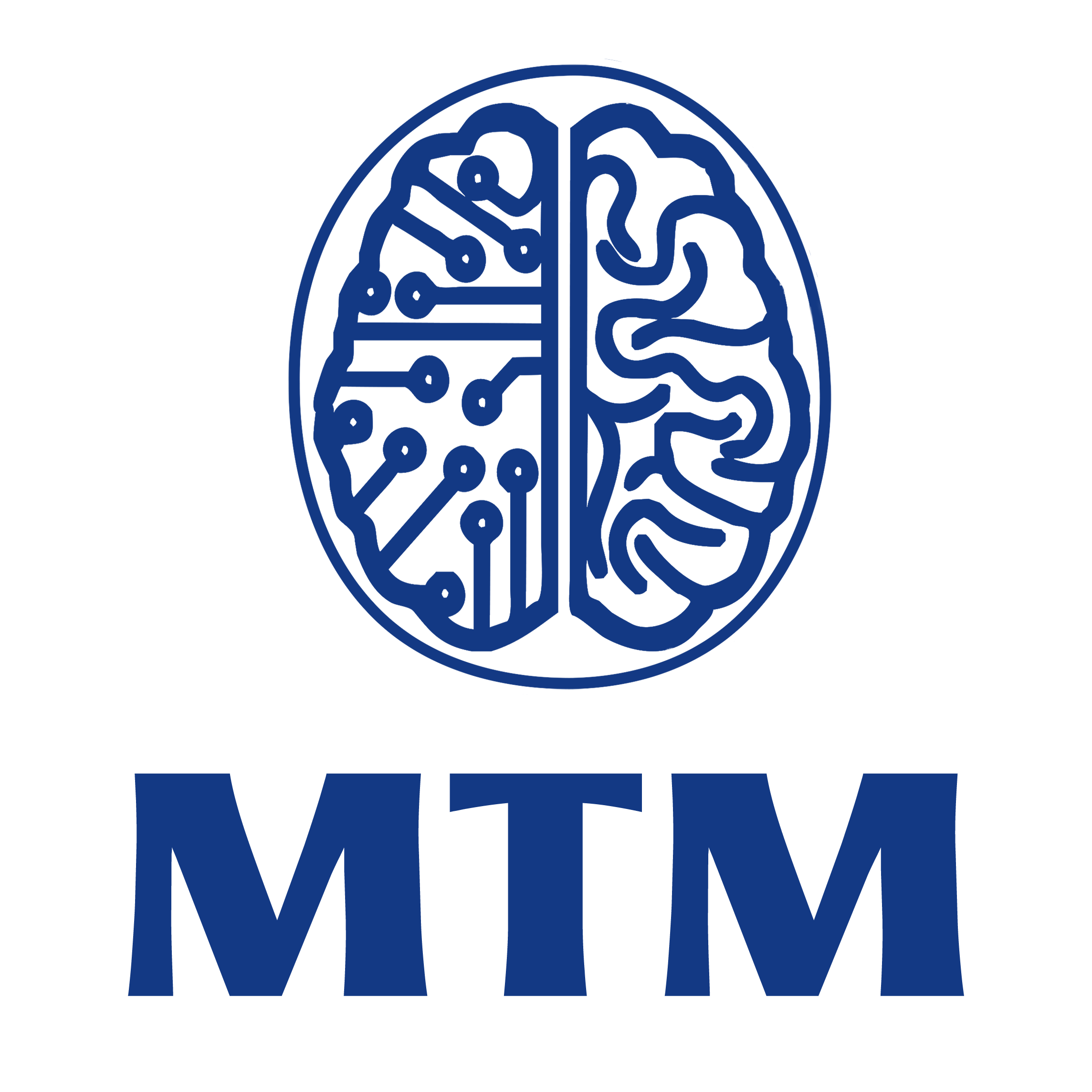Investor Relations

Government Institutional Investors (GII)
The Investment of the Government’s Depository in Major Public Corporations and MNCs are due to Influence the Economy, increase the morale of Investors in the Stock Market in such Companies and Sectors. The policy is known as Quantitative Easing (QE). When the Federal Reserve begins entering the market to purchase financial assets, it manipulates price signals in three significant ways: It lowers interest rates, creates a higher demand for assets, and reduces the purchasing power of money units.
Otherwise, under normal conditions, market prices are determined by investor preferences, or demand, and the relative health of the business environment, or supply.

Banking Institutional Investors (BII)
Investment banks play a key role in helping companies and government entities obtain capital financing. As financial advisors to their clients, they help to price capital, allocate resources, and manage investments. Banks investment in the market to purchase financial assets is made with the hope that these assets will earn profits. Sure it does with Companies like MTM.

Corporate Institutional Investors (CII)
Investment made by MNCs is called foreign investment. Any investment is made with the hope that these assets will earn profits. MTM fulfills it. Fundamental analysis holds that business expansion is a sign of a healthy operation and a positive outlook on future demand. That inspires investors to buy stock, which causes stock prices to rise.
Qualified institutional buyer (QIB)
Investment made by MNCs is called foreign investment. Any investment is made with the hope that these assets will earn profits. MTM fulfills it. Fundamental analysis holds that business expansion is a sign of a healthy operation and a positive outlook on future demand. That inspires investors to buy stock, which causes stock prices to rise.

High Networth Individual Investors (HNII)
With interest rates at record lows, HNIs are able to obtain margin funding for IPOs at low rates. This reduces the cost of funding for an investor and also the subsequent breakeven price at which a company should list so as to ensure that the investor does not incur a loss due to the cost of borrowing. Thereby, making the HNIs investment in Companies like MTM inevitable and completely possible and easier.
High Net Individuals (HNI)
In India, High net worth individuals are allotted about 15% of the entire issue. They can bid nothing less than 2 lakhs and most of them invest in crores. While they are not allowed to bid at the cutoff price, they are also not allowed to withdraw their bids until the day of allotment. In case of oversubscription, allotment is made either proportionately or using a lottery.

Financial Institutional Investors (FII)
Flush with liquidity and with few takers for loans, banks and financial institutions have
dialed up their investments in initial public offerings (IPO) through the qualified
institutional buyer (QIB) route, touching a four-year high so far in 2021.
“Investing in IPO is not necessarily for listing gains. We primarily look at the business
model and management quality. Banks have invested in IPOs like GR Infra, MTAR
Technologies, Happiest Minds, IndiaMart because of the quality of the IPO. In the case
of GR Infra, there is no other good company in the space of infrastructure other than
L&T. Hence, banks found it a good offer. Banks may have differing views when it comes
to investing in IPOs of startup companies like Zomato," said a second banker aware of
the matter. But most Banks may not have a different view when it comes to Companies
like MTM.

Individual Investors (Public Shareholders)
When it comes to equity investing, investors are always on the lookout for companies
that are fundamentally robust and can withstand any changes in market conditions.
Even during the pandemic times, some companies came out of the pandemic situation
in a very robust manner. One such category of companies is multi-national companies
(MNCs).
Some of the common characteristics of an MNC is that such companies tend to have a
strong global brand, technological edge, strong management and in most cases a wide
moat. As a result of these characteristics, such companies have the ability to withstand
a plethora of challenges. Even if there is a negative development for such a company in
one country their presence across several countries spread across the globe helps
them to continue their business without much of an impact on an aggregate level. MTM
is one such Business Model.

Private Institutional Investors (PII)
Why to buy stocks of Indian MNCs? It’s easy to peddle global stocks when domestic markets are rife with volatility. An easy option is to consider the Indian multinationals—the companies which have established a global footprint and generate significant revenues abroad. “As the domestic markets are currently experiencing pain, investors could branch out to companies that offer a significant foreign play,” such as the MTM.

Individual Investors (Private Shareholders)
If it manages to sway the market and rake in profits, you would gain from its success too. IPO investments are equity investments. So, they have the potential to bring in big returns in the long term. The corpus earned can help you to fulfil long-term financial goals like retirement or buying a house.
Retail Investors (RII)
Individuals, HUF and NRI’s opt for this category of investment. Their investment usually is under 2 lakhs. About 35% of any share allotment goes to them. Further, they are eligible to bid for the cut off price. However, the allotment of shares depends upon whether or not the shares are oversubscribed.
Address

United Kingdom
Rathmell St,
BRADFORD,
West Yorkshire, UK.
Hayes,
London,
UK.
- MAIL ID: enquiries@microtechmines.com
United States
Church ST,
NEW HAVEN,
Connecticut, USA.
